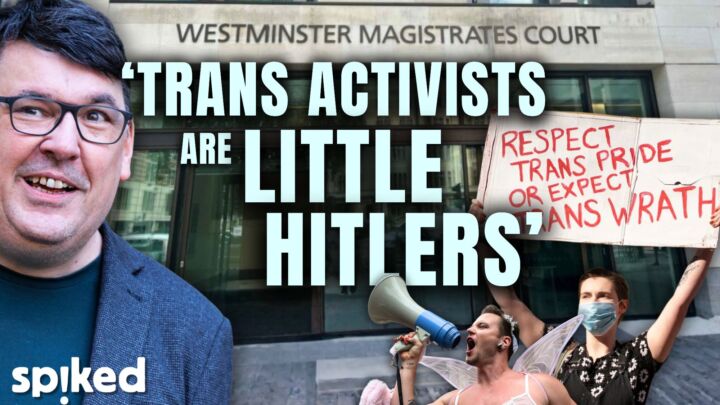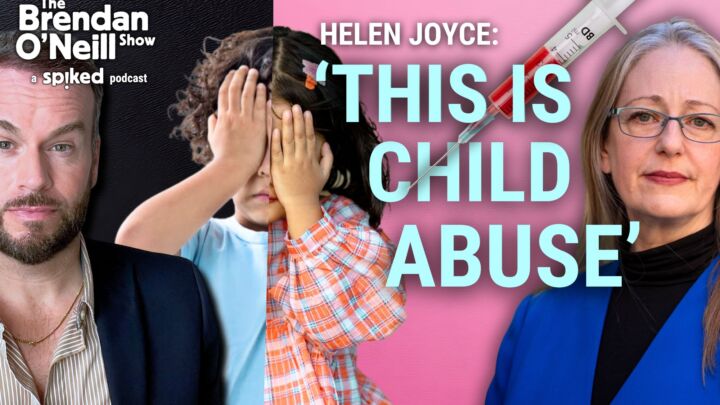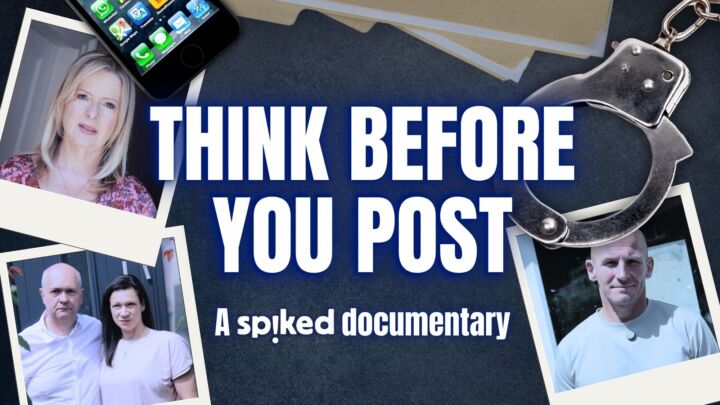Wikipedia joins the tabloid-haters

Want unlimited, ad-free access? Become a spiked supporter.
Wikipedia has banned the use of the Daily Mail as a source of information on its site. The self-styled ‘library of the web’ has decided the largest tabloid news site in the world is ‘generally unreliable’ and has a reputation for ‘poor fact-checking, sensationalism and flat-out fabrication’. Yes, a crowd-sourced website that can be edited by any Tom, Dick or Harry is now fretting about facts.
The Daily Mail is subject to libel laws, and staffed by trained journalists. This is more than can be said for Wikipedia, which is hardly famous for its reliability. In the past it has included public entries calling actor Gary Oldman a ‘giraffe’, asserting that footballer Thierry Henry ‘was born a c**t and remains a c**t’, and accusing teeny-bopper band the Jonas Brothers of having genital warts.
Whether or not you like the Daily Mail, to denounce its journalistic reputation without proof is unnecessary and wrong. Every online paper will contain occasional inaccuracies, but this is the nature of online news reporting.
Wikipedia’s editors need to be honest about their decision – they don’t like the Daily Mail because of its politics. Preaching against the Daily Mail is an easy and lazy form of virtue-signalling, exercised by people trying to demonstrate their PC credentials. From campaigns like Stop Funding Hate to students’ union bans on tabloids, there is a cultural trend towards banning opposing views. Wikipedia’s decision to remove the Daily Mail is part of this censorious climate.
Wikipedia is a valuable online tool. But if it wants to uphold a reputation for providing objective facts, it has to remain politically neutral. Given that the Daily Mail can legitimately be cited in academic papers, books and studies as a source (yet another advantage it has over Wikipedia) there is no just reason for Wikipedia to denigrate its worth.
Attempting to a pander to a certain political persuasion is a dangerous game to play for a website which asks its contributors to ‘only add verifiable and factual information rather than personal views and opinions’. Pretending the Daily Mail doesn’t exist by banning it from its website won’t do Wikipedia any favours. Far more dangerous than the odd factual error in a paper is a website which cherry picks where it gets its facts from.
Guy Birchall is a writer based in London.
You’ve read 3 free articles this month.
Support spiked and get unlimited access.
Support spiked – £1 a month for 3 months
spiked is funded by readers like you. Only 0.1% of regular readers currently support us. If just 1% did, we could grow our team and step up the fight for free speech and democracy.
Become a spiked supporter and enjoy unlimited, ad-free access, bonus content and exclusive events – while helping to keep independent journalism alive.
———————————————————————————————————————————–
Exclusive January offer: join today for £1 a month for 3 months. Then £5 a month, cancel anytime.
———————————————————————————————————————————–
Monthly support makes the biggest difference. Thank you.






Comments
Want to join the conversation?
Only spiked supporters and patrons, who donate regularly to us, can comment on our articles.